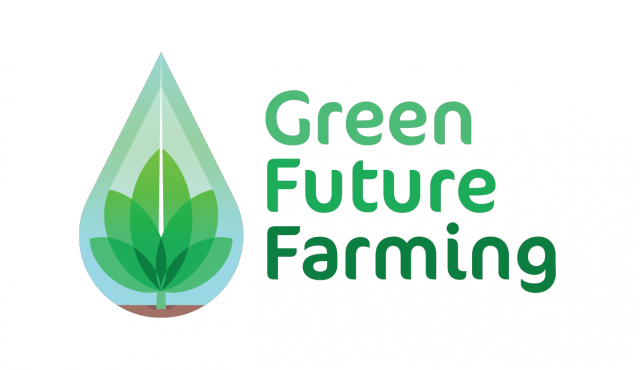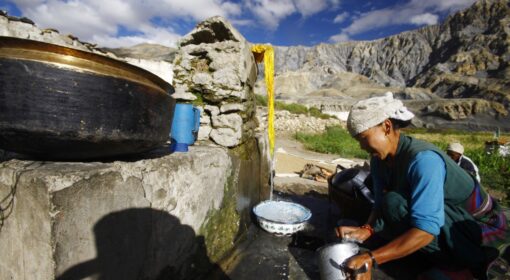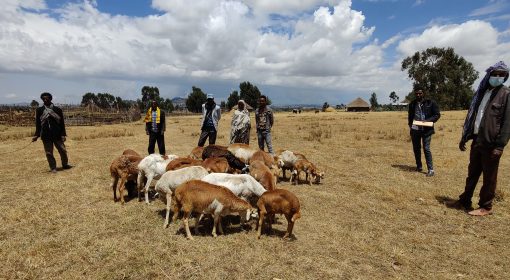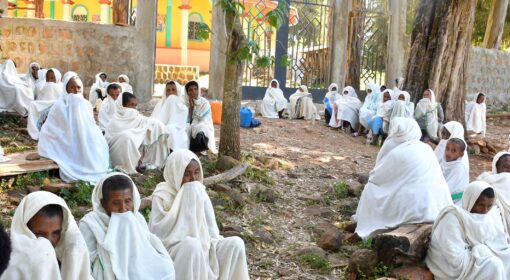By Bantamlak Wondmnow & Femke van Woesik
In Ethiopia there are many succesful stories of rehabilitated watersheds through large scale government programs. To date, these watershed development activities in Ethiopia are undertaken through investments of large amounts of human and financial resources. To ensure that the watershed development activities are sustainable long-term, a devising mechanism is required whereby watershed users have the responsibility to manage, utilize, and protect natural resources with a sense of ownership. This is why local Watershed User’s Cooperatives (WUCs) are set up.
The institutionalization of local ownership aims to ensure the sustainability and future scaling of the activities. These WUCs should also be supported in reaping the benefits of the regenerated land. They should get the right and mandate to properly manage their productive lands after rehabilitation. Institutionalization is thus essential, as registered cooperatives are needed as legal entities to generate income and manage the watershed themselves.
Institutionalization of WUCs includes the following steps, based on the aspirations mentioned earlier;
- All community members that live or farm in community watersheds covering 500 Hectares should be registered as legal members of the cooperative.
- Preparation of a long-term watershed development plan based on the principle of participatory integrated watershed development planning.
- A community watershed development bylaw indicates the roles and responsibilities of the periodic contributions of each member.
- Installation of benefit-sharing packages and revolving fund management ratified by at least a two-thirds majority vote.
- Forming different committees and constructing offices within the watershed for a solid organizational structure.
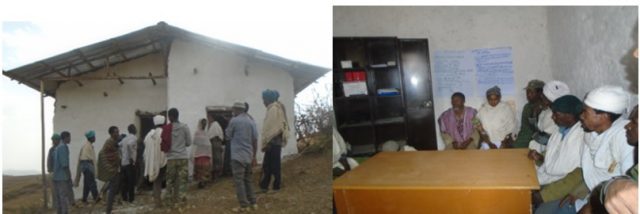
The establishment of WUCs falls in line with the enacted Proclamation No.1223/2020: Development, Management and Utilization of Community Watersheds by the government of Ethiopia. The reason for this proclamation was free grazing. Free grazing remains the major obstacle to successfully establishing vegetative measures and stabilizing the physical structures for the productive use of watersheds. It results from a need for more sufficient attention to the governance, socio-economic conditions of areas and consent of the local people. Among others, this proclamation aims to establish a system that enables the community watershed users to protect, develop, administer and use natural resources with a sense of ownership to increase the community watershed users’ capacity.
Supported by:
